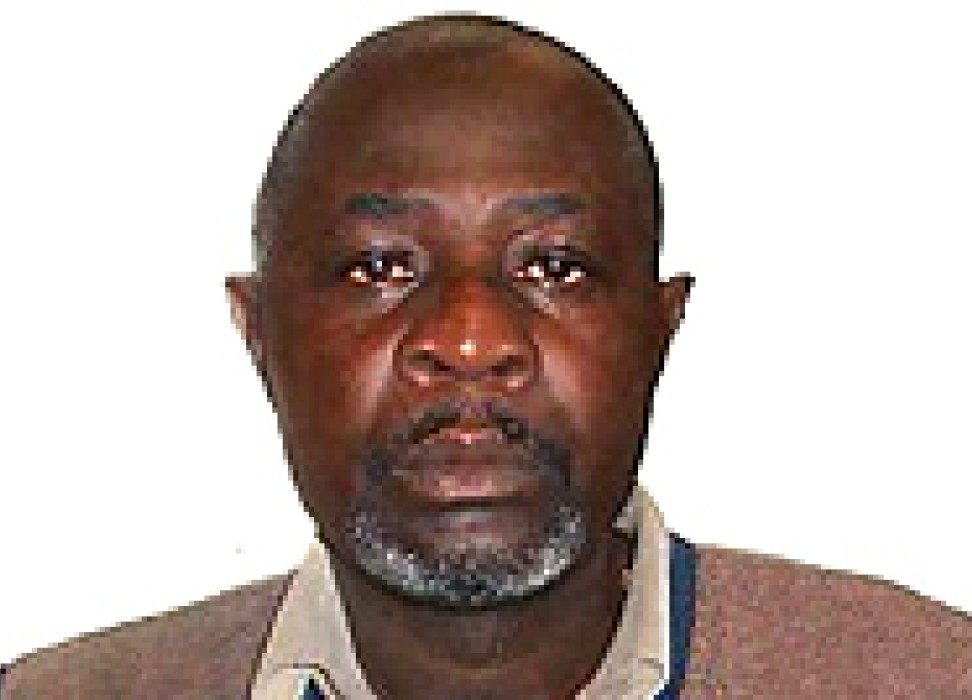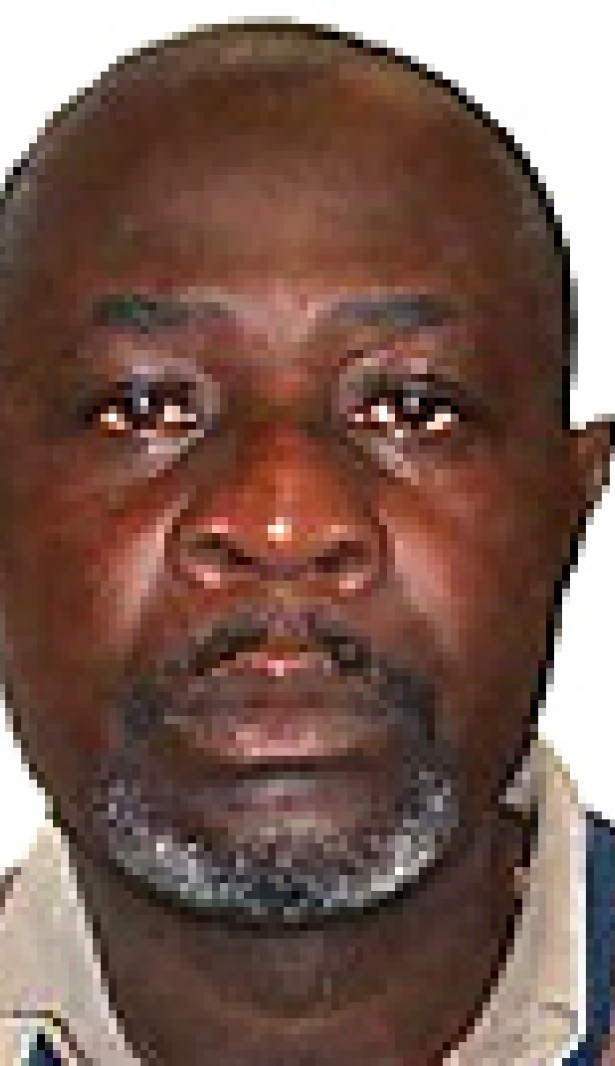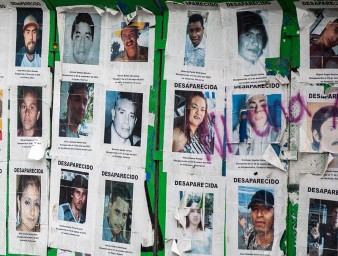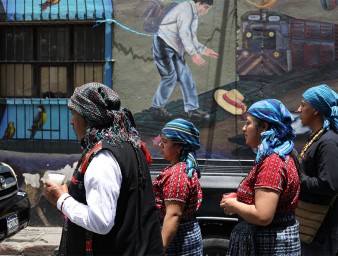Bringing visibility to the plight of African descendants in the Americas
15 February 2011

In countries like Chile where the percentage of African descendants is proportionately low, visibility is the greatest challenge, explains John Salgado, representative of the NGO Oro Negro and the Chilean Alliance for Afro-descendant Organizations.
“There is an invisibilization of our ethnicity, a denial of the other. It is impossible to acknowledge problems when you don’t see the people who are suffering them.”
Salgado says there are no official figures on the Afro-descendant population in Chile, but estimates indicate some 500 families live around the northern city of Arica. He says his organization has been working to confront this lack of data, pushing to make sure that the 2012 Census, for the first time ever, includes an African descent variable.
On 11 January, Chile’s Chamber of Deputies passed a bill supporting this initiative that explicitly mentions the demands of this group to "be recognized and not discriminated against.”
Salgado says his Alliance is also lobbying for legal ethnic recognition as founding peoples in Chile. To celebrate the year of African descendants, they have planned a number of activities to raise awareness of the cultural contributions of Chile’s Afro-descendants, including an art show.
Visibility and awareness of African descendants´ contributions are a challenge all across South America, even in countries where their presence is stronger, such as Peru, where they number 2.5 million and make up close to 10 percent of the population.
“People look at us but they don’t see us”, says Oswaldo Bilbao, Executive Director of the Lima-based Center for Ethnic Development (CEDET), who has been a human rights defender against racial discrimination for more than 20 years. “There are no questions in the Census to identify Afro-Peruvians… There are no public policies aimed at confronting the racism and discrimination we face.”
He cites a study published by CEDET, which surveyed some 1500 Peruvians and found that 88.6 percent identified a “very strong and structural discrimination towards Afro-Peruvians.”
Bilbao says this is the reason why his organization focuses on raising awareness through communication, research, education and training. They seek to install Afro-Peruvian issues in educational curricula. They support economic development through artisan programmes in rural communities. They also created a citizens´ defense network, whereby victims can report violations of their human rights. They’ve also had some success at the institutional level, he says, citing the inclusion of a chapter dedicated to indigenous and Afro-Peruvian communities in Peru’s National Human Rights Plan.
Amerigo Incalcaterra, Regional Representative for South America of the United Nations High Commissioner for Human Rights, says the Regional Office actively supports the efforts of such defenders and discrimination is one of its four main thematic priorities.
The Regional Office helped CEDET organize a National Workshop on Human Rights for Afro-Peruvians in Lima in February 2010. It also offered a training session on relevant UN Human Rights Mechanisms during a Regional Workshop on the Human Rights of People of African Descent, which highlighted the work of the Committee on the Elimination of Racial Discrimination (CERD), the Working Group on people of African descent, and the Special Rapporteur on contemporary forms of racism, racial discrimination, xenophobia and related intolerance.
The focus of Human Rights Day 2010 was human rights defenders acting against discrimination, a theme the High Commissioner will continue to highlight throughout the year. Also on December 10, the UN launched the International Year for People of African Descent - 2011.
15 February 2011

VIEW THIS PAGE IN:



